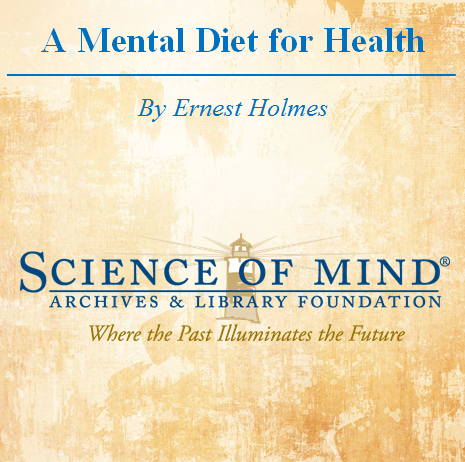Description
David Seabury, in his new book, “Adventures in Self-Discovery,” speaks of “psychic pus” as we would speak of a boil, a cancer, or any other morbid secretion in the human body. But this means a subjective, a subconscious, and primarily a mental state. So while the physician and the biological chemist are telling us what is good to eat to compensate for our chemical deficiencies, we can go a step farther and co-operate with them in providing a mental diet, for without a proper mental attitude, a physical diet is seldom complete enough to do anything other than produce a temporary cure.
We affirm that causation is invisible and, like the psychologist, largely emotional. We also affirm that spiritual inspiration and spiritual realization are necessary to a well-regulated psychic life. The physician diagnoses the body and prescribes a remedy; so does the psychologist. Both are good, each is necessary, but I thoroughly agree with Seabury, Link, Jung and some other leading psychologists, that unless the soul or the psyche is more nearly spiritualized, there cannot be any permanent healing. There is a growing tendency in the field of psychology to return their patients to some field of religion. This is an amazing confession that the psyche does not live by bread alone.
What thoughts and emotional states, then, are back of certain types of disease? I have noticed, for instance, that in many cases of pernicious anemia we find a psychic emotional unbalance, and just as they tell us in biochemistry about a chemical deficiency, we may speak of a psychic deficiency – a lack of a sense of being appreciated. There can be no permanent healing, as Jung says, without a restoration of faith; and in this case the faith must be in that quality, the lack of which produced the deficiency – there must come a specific faith in love.

